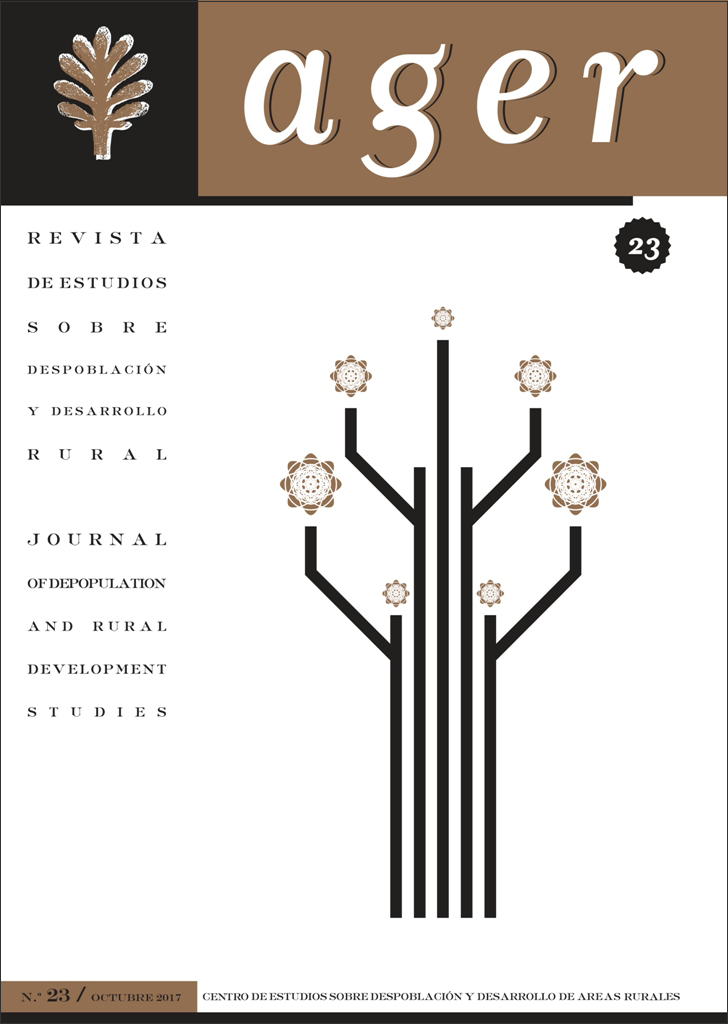Labour market perspectives of young women living in extreme poverty in closed rural space: the case of a Hungarian-Romanian cul-de-sac border village
Resumen
Abstract: This study presents young uneducated women’s labour market perspectives in a cul-de-sac village of 350 inhabitants near the Hungarian-Romanian border. On the basis of interviews, we investigate this closed rural space where young people start life and make labour market decisions. We examine the most influential factors, and how these are perpetuating poverty and exclusion onto the next generations. Girls and women living here belong to a community that has been excluded from society. Their poverty is not temporary in nature and not exclusively a problem of making a living, but a status solidified into lifestyle. Women do not only receive more limited material resources compared to men, but they also experience disadvantages in areas as crucial as education, work, leisure and social relationships. This is because of life management strategies that reverse into traditionalism. This unfavourable situation does not allow women to make decisions on their lives. It is the family or the male members of the community who make the decisions instead. This includes decisions on education, starting a family, having children, sexuality, contraception, and the labour market.
Keywords: Social exclusion, young women, spatial inequalities, spatial segregation, small villages.
Descargas
Publicado
Cómo citar
Número
Sección
Licencia
Aquellos autores/as que tengan publicaciones con esta revista, aceptan los términos siguientes:
- Los autores/as conservarán sus derechos de autor y garantizarán a la revista el derecho de primera publicación de su obra, el cuál estará simultáneamente sujeto a la Licencia de reconocimiento de Creative Commons que permite a terceros compartir la obra siempre que se indique su autor y su primera publicación esta revista.
- Los autores/as podrán adoptar otros acuerdos de licencia no exclusiva de distribución de la versión de la obra publicada (p. ej.: depositarla en un archivo telemático institucional o publicarla en un volumen monográfico) siempre que se indique la publicación inicial en esta revista.
- Se permite y recomienda a los autores/as difundir su obra a través de Internet (p. ej.: en archivos telemáticos institucionales o en su página web), lo cual puede producir intercambios interesantes y aumentar las citas de la obra publicada. (Véase El efecto del acceso abierto).

